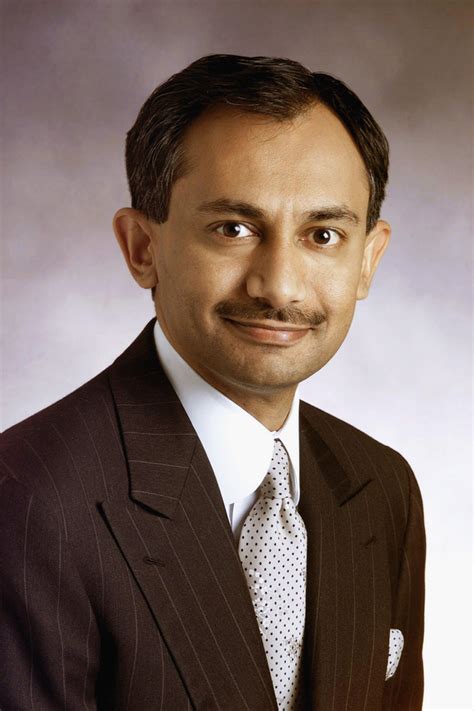A Quote by Sanjay Kumar
So far, Indian companies have focused more on customer application. This needs to shift to packaged software for sectors such as banking and financial services.
Related Quotes
One of the big changes at the heart of Web 2.0 is the shift from the creation of software artifacts, which is what the PC revolution was about, to the creation of software services. These are services that ultimately, if they are successful, will require competencies of operation, of scale, and the like.
More and more major industries are being run on software and delivered as online services—from movies to agriculture to national defense. Many of the winners are Silicon Valley-style entrepreneurial technology companies that are invading and overturning established industry structures. Over the next 10 years, I expect many more industries to be disrupted by software, with new world-beating Silicon Valley companies doing the disruption in more cases than not.
With customers' permission, fintech firms have increasingly turned to data aggregators to 'screen scrape' information from financial accounts. In such cases, data aggregators collect and store online banking logins and passwords provided by the bank's customers and use them to log directly into the customer's banking account.
The security world needs to take a more proactive approach. A lot of companies will know an exploit exists and they'll release the software anyways, and the patch later on. Stuff like this needs to stop. There needs to be some kind of agency that verifies code before it's released, maybe a grading system for code.



































